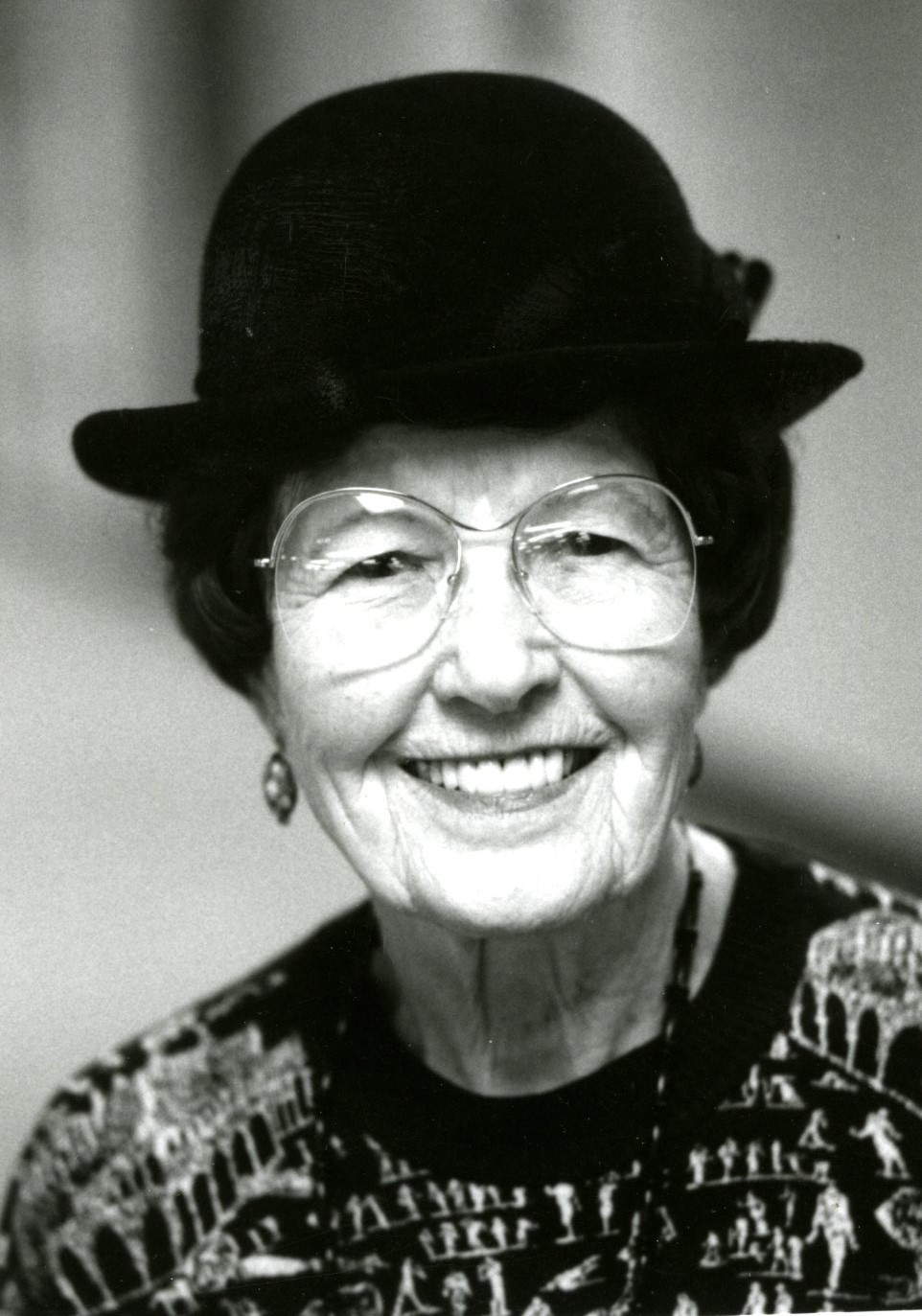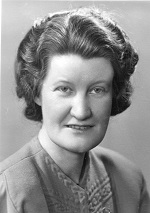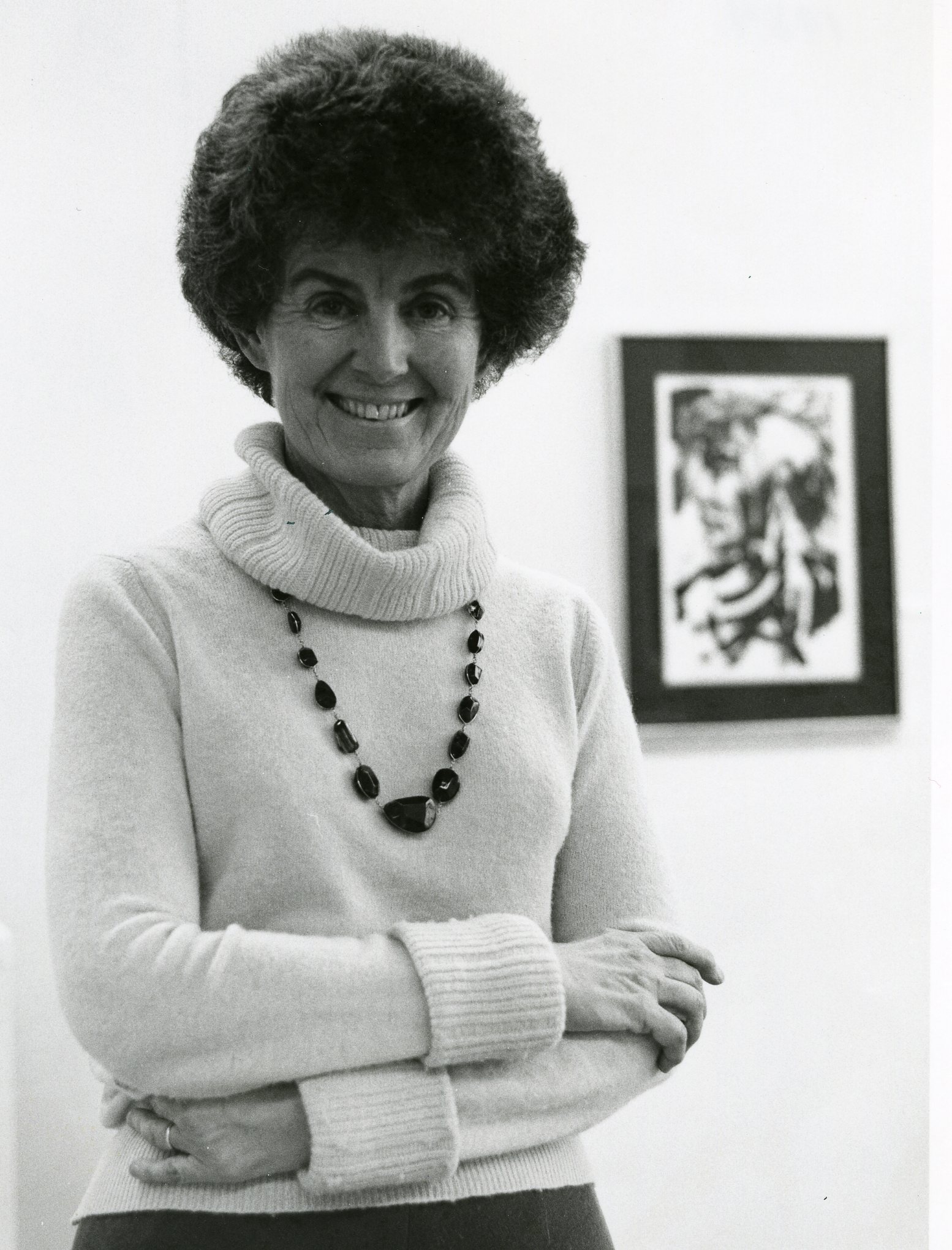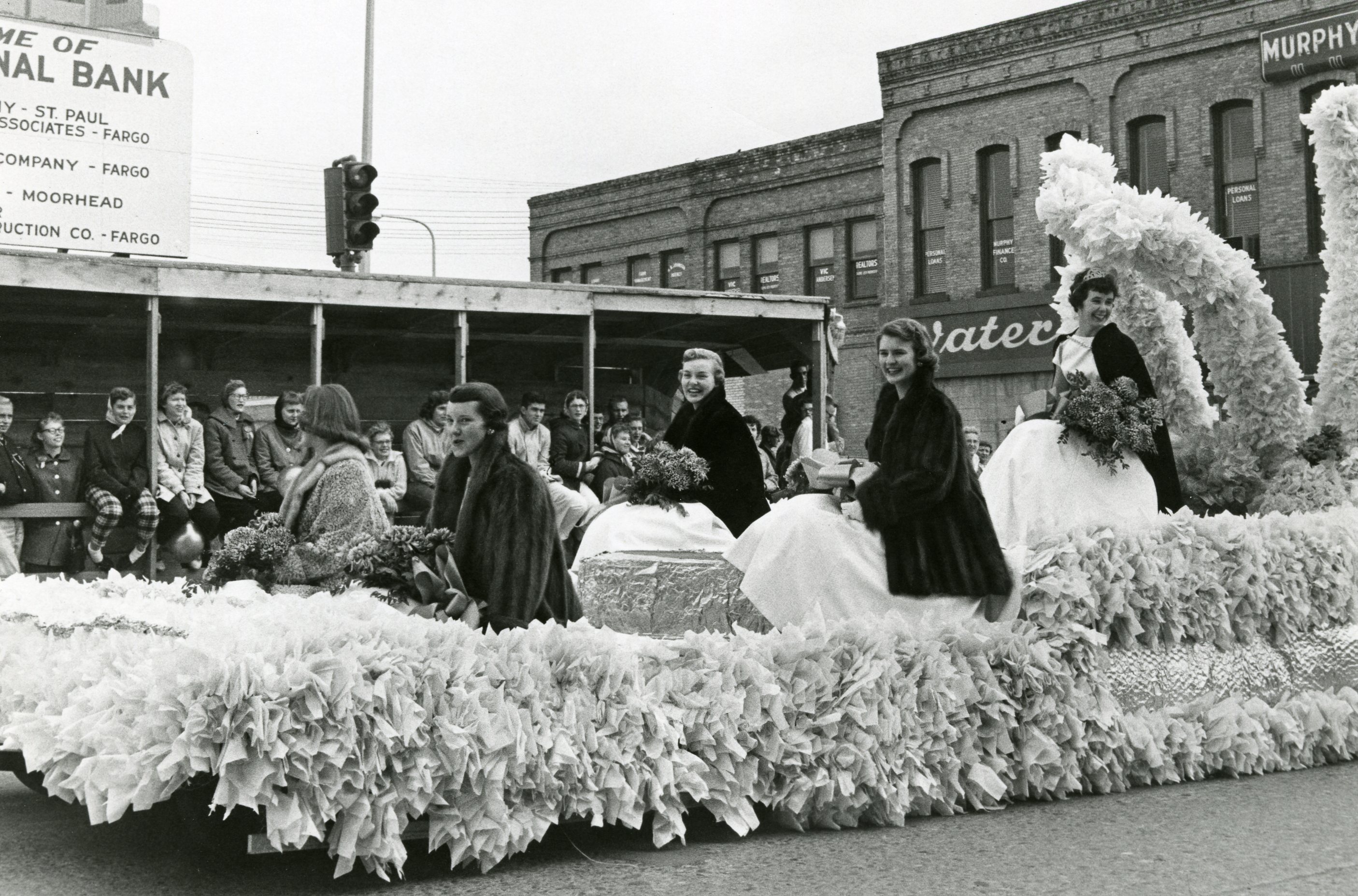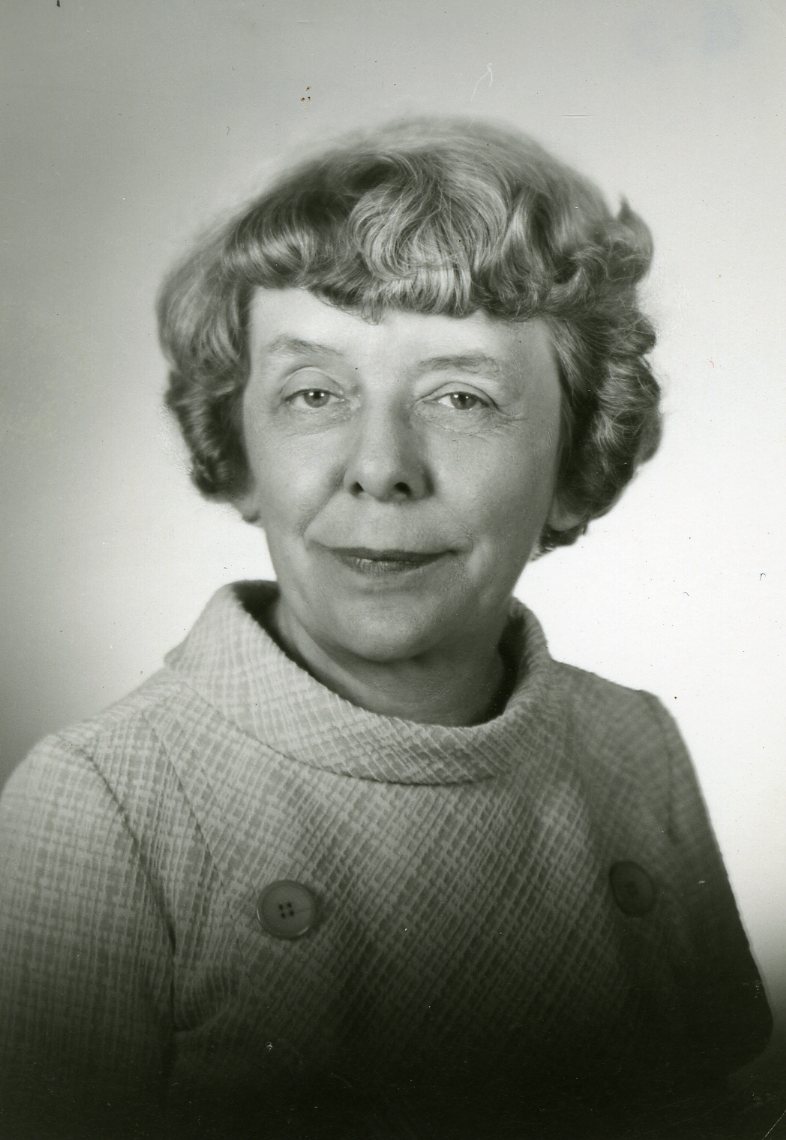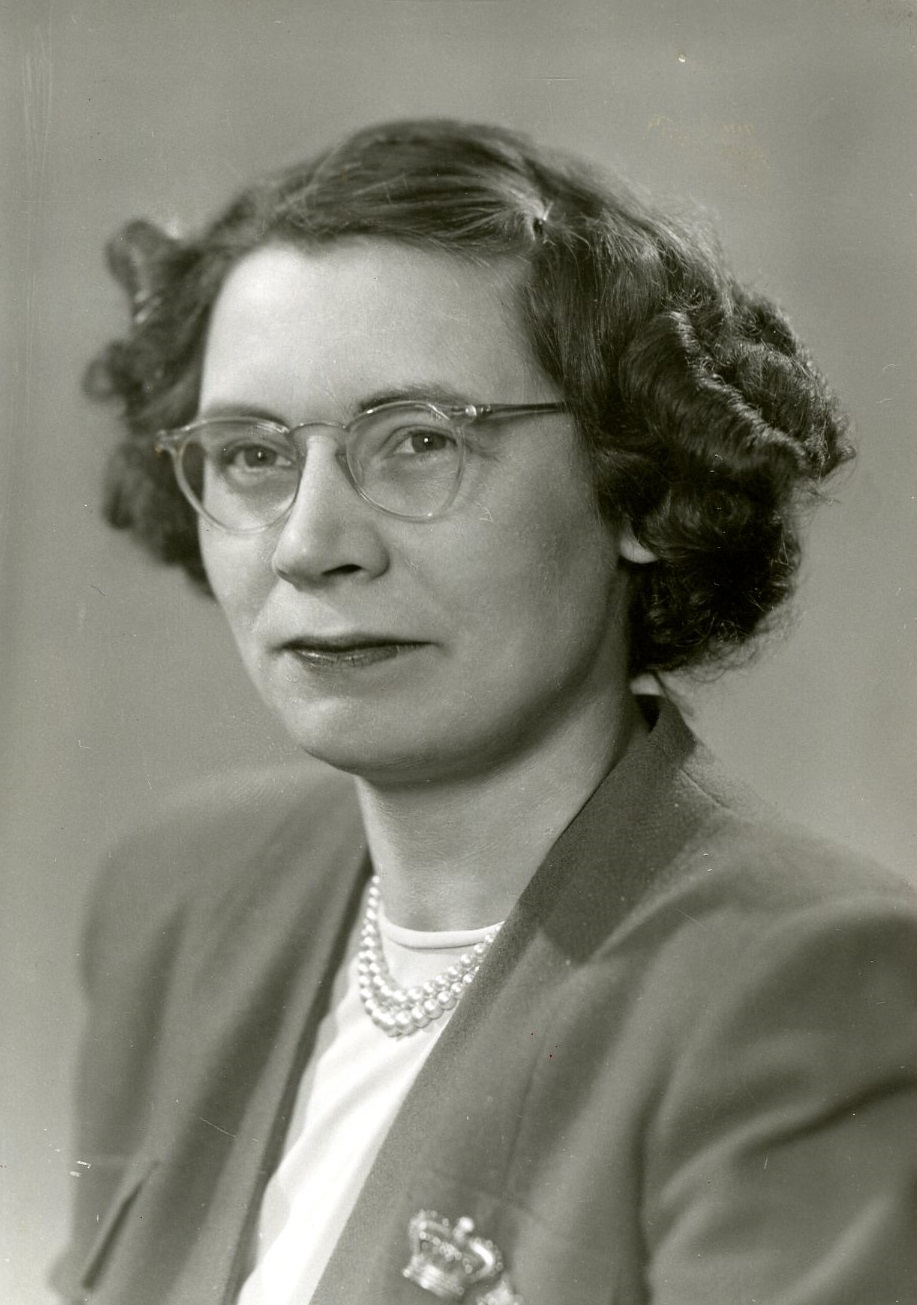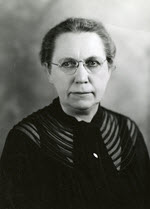 Emma Norbryhn was a linguistically gifted woman who instructed a variety of language courses at Concordia. During her lengthy teaching career she introduced new language courses and taught Norse, French, Latin, German, and Greek before retiring in 1948. At her retirement she held the title of longest term of service at the college. Today she is among a handful of Concordia faculty to reach the forty year mark.
Emma Norbryhn was a linguistically gifted woman who instructed a variety of language courses at Concordia. During her lengthy teaching career she introduced new language courses and taught Norse, French, Latin, German, and Greek before retiring in 1948. At her retirement she held the title of longest term of service at the college. Today she is among a handful of Concordia faculty to reach the forty year mark.
Browse Entries
|
|
|
Margaret Teigen was a member of the first graduating class from Concordia College’s Practical Program. As the only female member of the class, Teigen paved the way for other women to enroll at Concordia and believe that they too could obtain an education. Teigen continued her involvement with the college by serving on the faculty for several years following her graduation before she enrolled in medical school to become a practicing physician. |
|
Concordia College’s campus houses a select number of academic buildings named after various benefactors as well as historical figures significant to Minnesota. The oldest building on campus, Bishop Whipple, is named after the Epsicopal Bishop Henry Benjamin Whipple. The structure, formerly the home of the Bishop Whipple Academy, was purchased by the Northwestern Lutheran College Association in 1891 in order to establish a Norwegian Lutheran school in Moorhead. While many Concordia students and faculty learn and work in this building on a daily basis, most are unaware of the work done by Bishop Whipple, the namesake of this iconic Concordia building. More so, Bishop Whipple’s connection to and work done for the Dakota and Ojibwe peoples from our region, which is unknown to most of the Concordia population, must be assessed and recognized at a campus wide level. Through his passions and labors, Bishop Whipple helped 265 Dakotas obtain pardon from execution after the US-Dakota War. After this, Whipple continued his mission of advocacy for Native Americans, continuing the work of his missions across the state of Minnesota as well. |
|
In 1888, Joachim Murie and Marie Frimanslund moved from Yavick, Norway to Moorhead, Minnesota and married almost immediately. Together with Marie’s brother, Henrick, they purchased a homestead. Their first child, Olaus, was born on March 1, 1889. Marie gave birth to five more children, including Martin (1891) and Adolph (1899). In 1895, Joachim died at the age of thirty-seven likely due to tuberculosis. In April of 1899, Marie married Ed Winstrom, a Swedish bartender in Moorhead. Unfortunately, Ed died from tuberculosis two months into their marriage, but Adolph was already conceived. In 1909, the family also adopted a girl named Clara. To help with family finances, they cut grass for their neighbors, worked for local gardeners, and hunted and fished alongside the Red River. Olaus and Adolph both attribute this time of camping, hunting, fishing, and canoe-making to stimulating their fascination with the natural world. |
|
|
|
|
|
|
|
|
|
|
|
|
